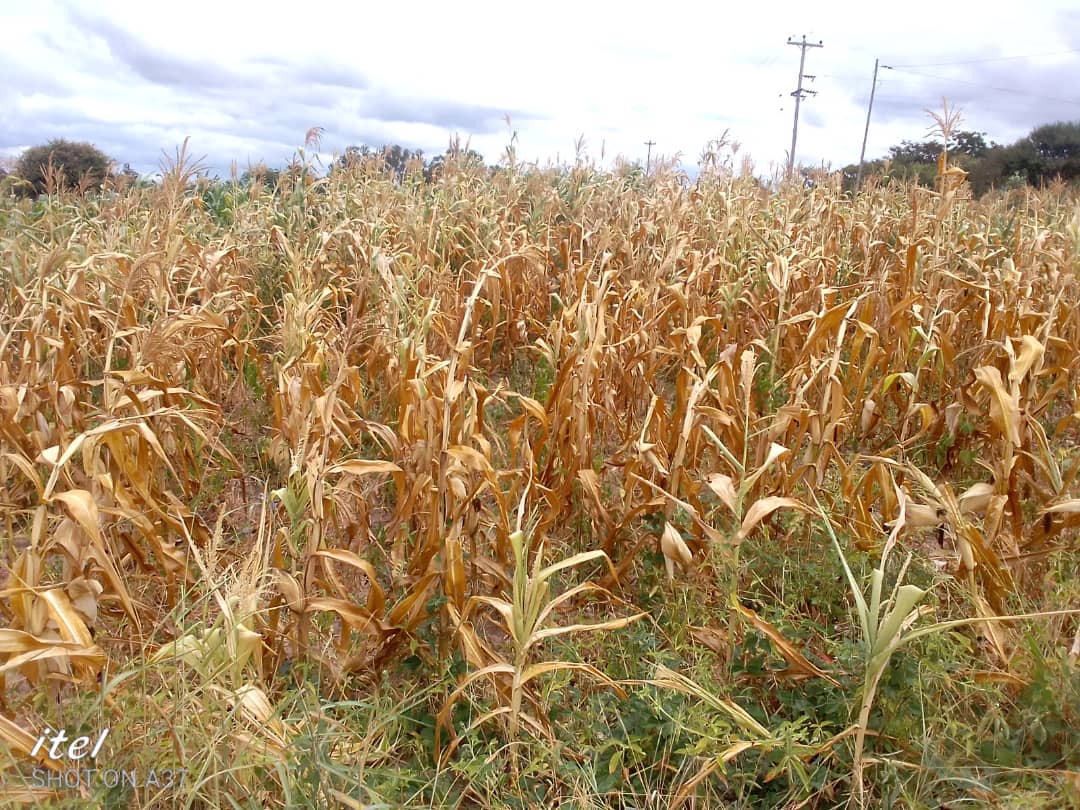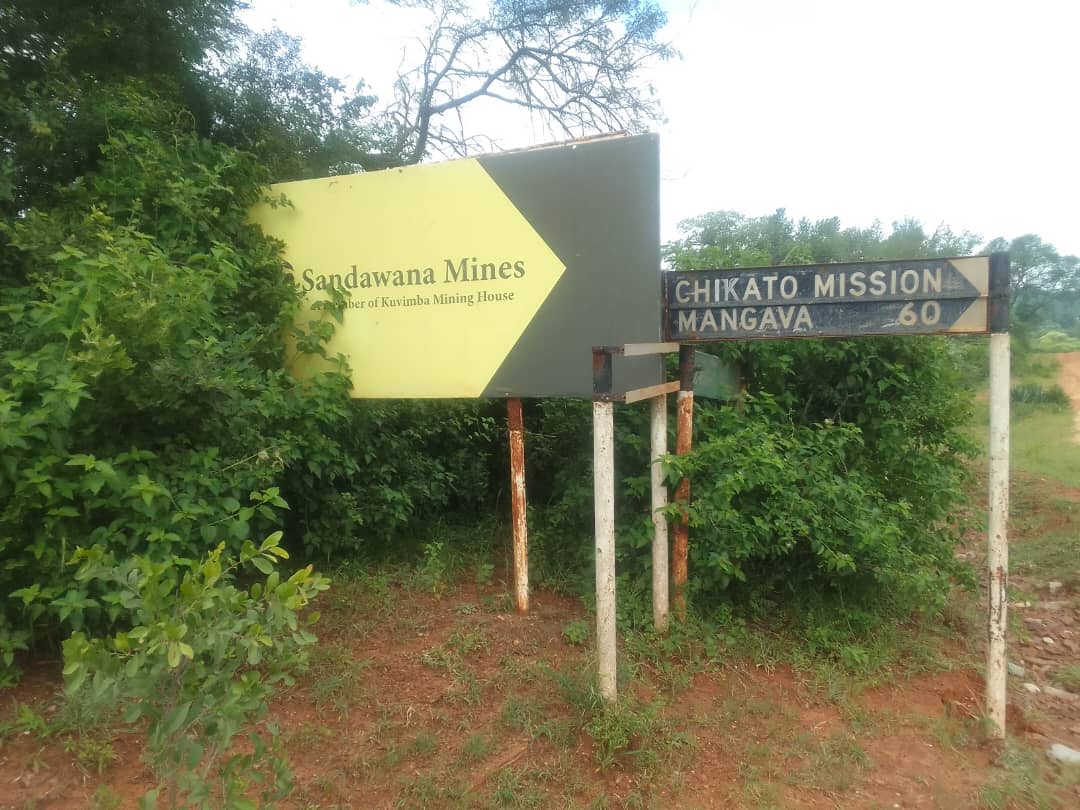Sukuoluhle Ndlovu
Zimbabwe has not been spared from the effects of global warming which have resulted in episodes of drought coupled with changing rainfall patterns and water levels decreasing.
Rains have become so erratic in some districts of the country and this has hugely impacted farmers in the province especially small scale farmers. Climate change has affected livelihoods and food security and there is need to identify and evaluate adaption and mitigation strategies.
Many farmers depend on agriculture for their livelihoods and at the same time have few assets or strategies to cope with the changes to come. Small holder farmers who depend on natural resources and rain-fed agriculture are suffering the adverse effects of climate change the most.
Interviews carried out with farmers in Masvingo showed that they did not anticipate there was going to be low rainfall as the Metrological Services Department had indicated the country will receive enough rains.
Ratidzo Wekare, a farmer in Masvingo Rural Ward 24, said she has been noticing a disruptive shift in the farming calendar.
“Planning is now difficult for us because the farming calendar we had gotten used to no longer helps as much. We expected good rains this season but crops are dying and all our labour is largely vain. The timing is now wrong and the weather forecasters are misleading us. High temperatures are affecting the livestock and crops leading to outbreak of inexplicable diseases,” said Wekare.
Aaron Moyo from Bikita South said many farmers still rely on outdated printed knowledge which is no longer fully applicable to the obtaining climate realities.
“I am one of the farmers who have been relying on printed books for farming but seasons have changed and the information in the books is now outdated. So there is need for farmers to get trained so that they can move with times,” Moyo said.
One farmer from Zaka ward 19, Mavis Zivanai said it was puzzling that the current farming season had become bad due to lack of sufficient rains when the last one experienced excess of it.
Zimbabwe Farmers Union (ZFU) Masvingo provincial manager, Daniel Mungazi said climate change had caused much distress to farmers.
“The change in weather patterns has hugely affected farmers who always hope for the best farming seasons. It is too hot and windy and at the same time farmers have not adjusted to climate change. As it is it seems, many farmers might not harvest anything this time.
“We encourage farmers grow plant small grain crops as these can adapt to climate change and at the same time have sources of water like irrigation which we know is unaffordable for the majority,” he said.
In view of climate change, farmers are being encouraged to adapt to smart agriculture which encompasses such practices as planting small grains as well as zero tillage which is known locally as pfumvudza.
By United Nations Development Programme (UNDP) estimates, agricultural production remains a source for nearly three quarters of the population in Zimbabwe but that could decrease by up to 30 percent due to climate change.
This report was made possible through support from WAN-IFRA Media Freedom’s Strengthening African Media Programme: Climate Change and Environmental Reporting. Views expressed here do not belong to WAN-IFRA








